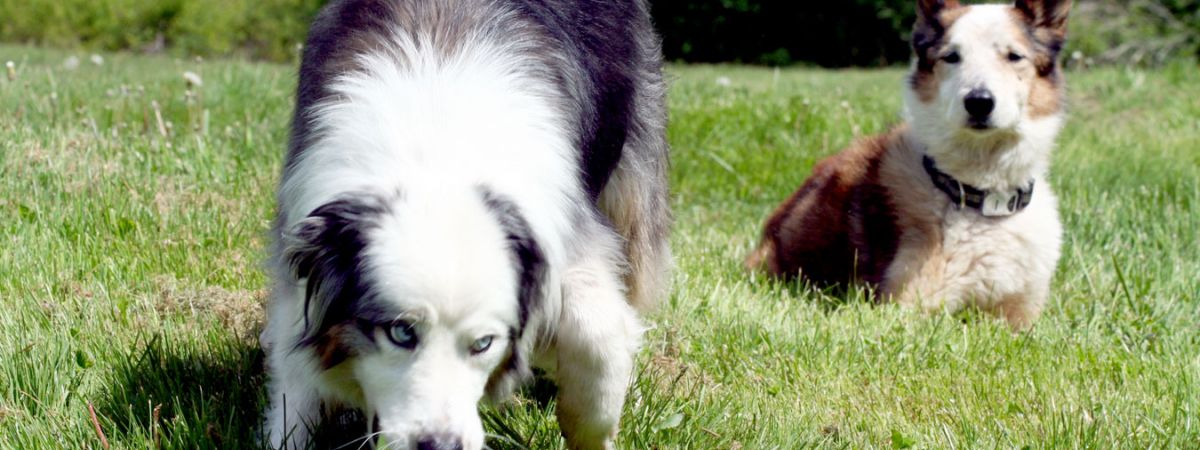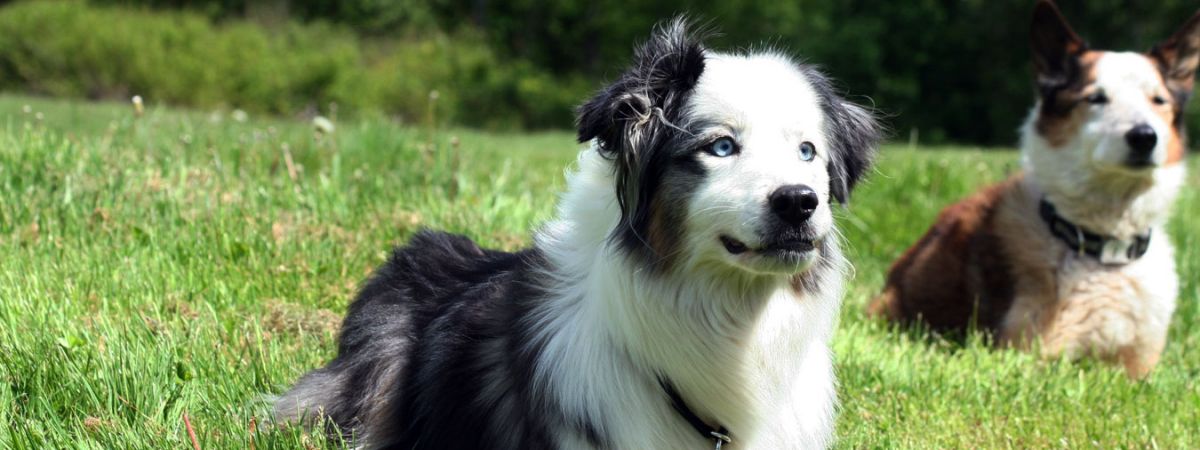Dog or Puppy’s Fear of Fireworks
As Independence Day approaches, many pet owners become concerned about their dog or puppy’s reaction to fireworks. While some pets may be completely unaffected, others can become downright traumatized! By understanding how dogs think and working on some simple training exercises, you can help your dog or puppy to have an easier time coping with the unusual sights and sounds of July 4th celebrations.
A very effective exercise is to work on socializing your dog or puppy with loud noises ahead of time. Practice by having a family member make noise with pots and pans while you work on some obedience commands. Begin with quieter noises and gradually make them louder as training progresses. The idea is to teach your dog or puppy that he can still behave normally even when there are unusual sounds. Using the “sit,” “stay,” and “down” commands, or even playing ball while the sounds occur are likely to help your dog or puppy learn to ignore them.
Remember that whenever you pet a dog, you’re praising a dog! If your dog or puppy is acting stiff, nervous, or is hiding, that is not the right time to pet him or use a sweet voice. Instead of feeling soothed, your dog will feel as if you’re saying “Good boy, hiding! Good stay under the table!” Instead, tell your dog “No,” and get your pet moving on some normal behaviours such as basic obedience training commands, ball playing, or going for a walk. Save the praising voice and petting for when your dog or puppy is behaving more naturally.
Excessive barking can also be a problem for many dogs when they hear unusual noises. Most canines feel like it’s their job as the family dog to alert you when unusual things occur. Something that can really help is to use a release command in coordination with obedience training, such as “okay” or “free time” to let your dog know when he is off-duty. Then, when your dog alerts you to unusual noises, you can use the “okay” to let him know that you’ve heard his report. If the barking continues, you should then repeat the release command, followed by a correction of “No barking.” Use the “sit/stay” or “down/stay” to show your dog what you want him to do instead.
With a little attention, socialization, and obedience training, your dog or puppy can be a well-adjusted pet… even on Independence Day!








